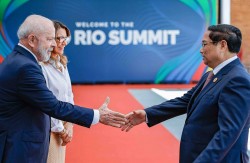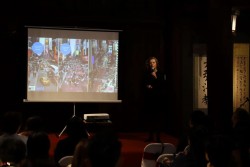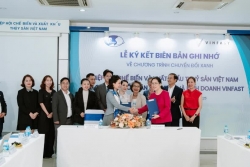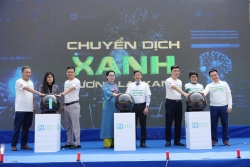
Ambassador Nguyen Van Hai: Vietnamese businesses can learn much from green transition in Mexico
Latest
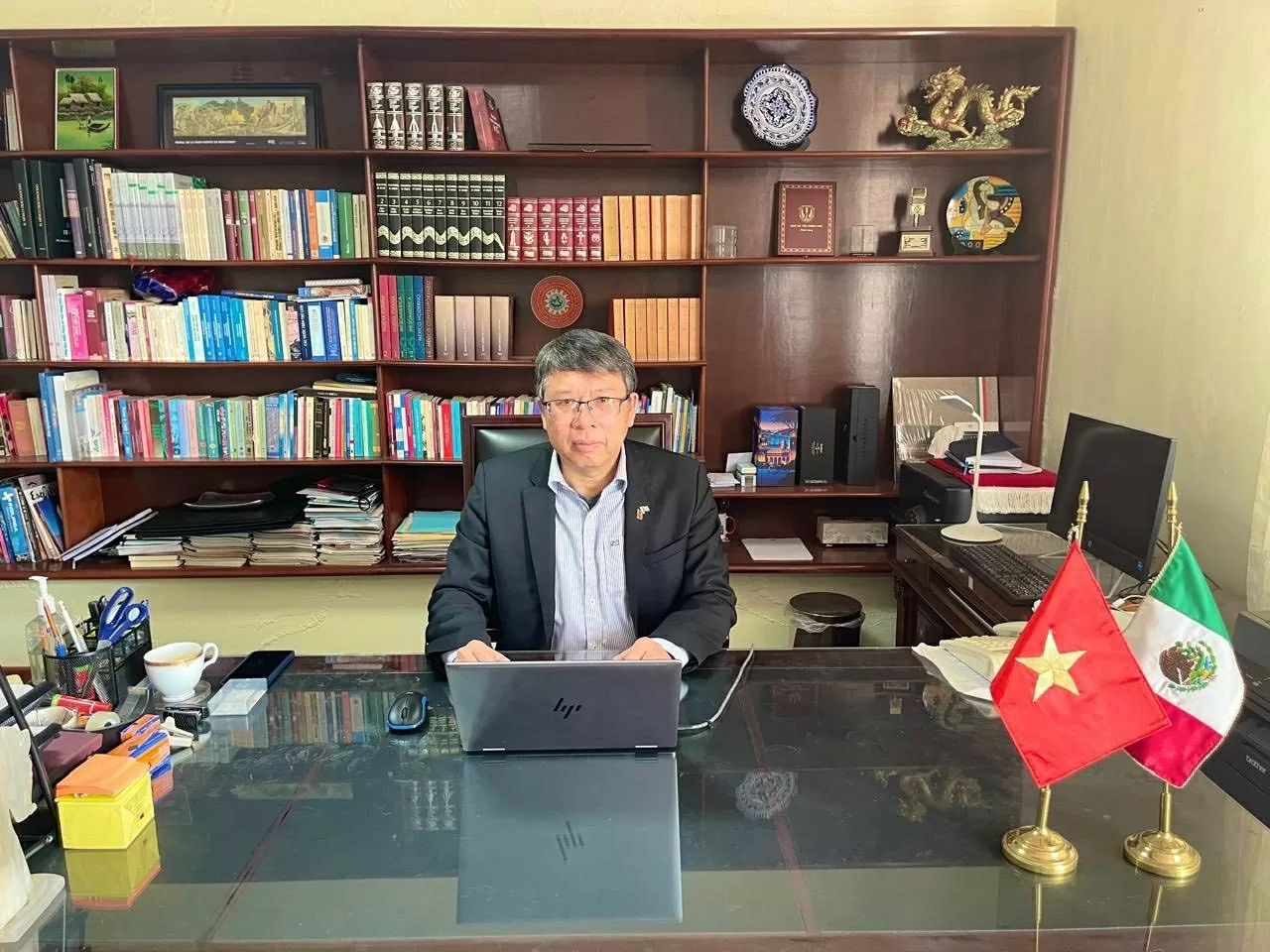 |
| Vietnamese Ambassador to Mexico Nguyen Van Hai affirmed that Vietnamese companies may explore opportunities to bid on clean energy supply projects for large data centers, which tech giants like Google, Microsoft, and Amazon are planning to build in the states of Queretaro and Guanajuato. (Photo: Ambassador Nguyen Van Hai) |
As someone who has been closely connected with this beautiful North American country, from your perspective, how would you assess the readiness of Mexican businesses in the green transition process?
Mexico has shown an early interest in green transition, having set targets for reducing greenhouse gas emissions as far back as 2009.
During his term (2018-2022), President Andres Manuel Lopez Obrador (AMLO) reaffirmed Mexico’s commitment to reducing CO2 emissions by up to 30% by 2030. To achieve this goal, the country introduced 35 solutions estimated to cut 88.9 million tons of CO2 annually by 2030.
In terms of business orientation, Mexico amended its General Law on Climate Change (LGCC) in 2018, paving the way for the creation of the Emissions Trading System (SCE). This system entered a pilot phase in 2020 and is expected to be fully operational by 2024, with the primary objective of encouraging industries to reduce greenhouse gas (GHG) emissions that exceed regulatory thresholds.
However, this process has been slower than expected. The carbon credit market in Mexico currently operates on a voluntary basis. Nevertheless, major corporations such as Bimbo, Cemex, Natura, Tajín, Walmart Mexico and Central America, Unilever, Modelo, IKEA Mexico, Volkswagen, and Intel are at the forefront of adopting green transformation technologies.
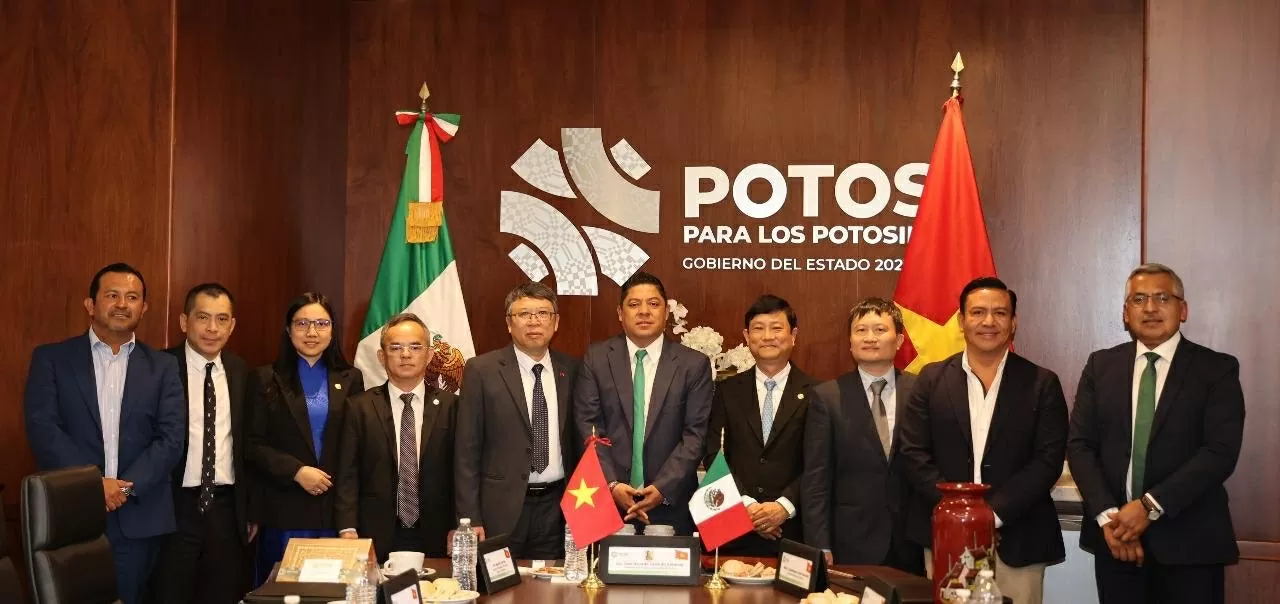 |
| Ambassador Nguyen Van Hai and Chairman of Binh Duong Provincial People's Committee Vo Van Minh pay a visit and hold working sessions in San Luis Potosí state (Mexico). (Photo: Ambassador Nguyen Van Hai) |
Alongside cooperation opportunities, Mexico also faces many challenges in its green transition, such as balancing interests between traditional industries and the renewable energy sector. What lessons can Vietnamese businesses learn from Mexico, Ambassador?
The year 2025 will be a pivotal year for Mexico as it implements strategic plans to lay the foundation for Phase Two of its fourth transformation effort, including the ambitious "Plan Mexico."
| More from WVR |
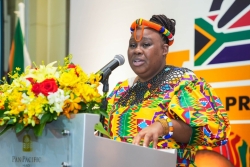 Ambassador Vuyiswa Tulelo: South Africa is willing and open to best practices at P4G 2025 Summit Ambassador Vuyiswa Tulelo: South Africa is willing and open to best practices at P4G 2025 Summit |
Local public opinion highly values the goals set by President-elect Claudia Sheinbaum, which aim to position Mexico among the top 10 most developed countries in the OECD. These goals also focus on sustainable development standards, green transition, digital and circular economy, climate change mitigation, and environmental protection.
However, to realize these goals, Mexico must overcome a number of challenges. These include finding a balance between economic growth and environmental sustainability, especially in indigenous communities, and transitioning to clean and renewable energy while balancing the interests of traditional energy companies.
Vietnam is currently entering a phase of profound transformation and reform to prepare for a national resurgence. I believe our businesses can learn a number of key lessons from Mexico’s Fourth Transformation:
First, balance short-term growth targets with the need to build technological competitiveness and meet green and sustainable standards in the medium and long term.
Second, foster strong will and determination in research and development to master advanced technologies, especially next-generation battery technologies, artificial intelligence (AI), and semiconductors.
Third, prioritize investment in developing high-quality human resources—a green workforce of engineers and technical professionals with expertise in renewable energy and green development.
Fourth, quickly adopt CO2 emissions threshold standards and engage in the development of the carbon credit market to prepare for international integration in this area.
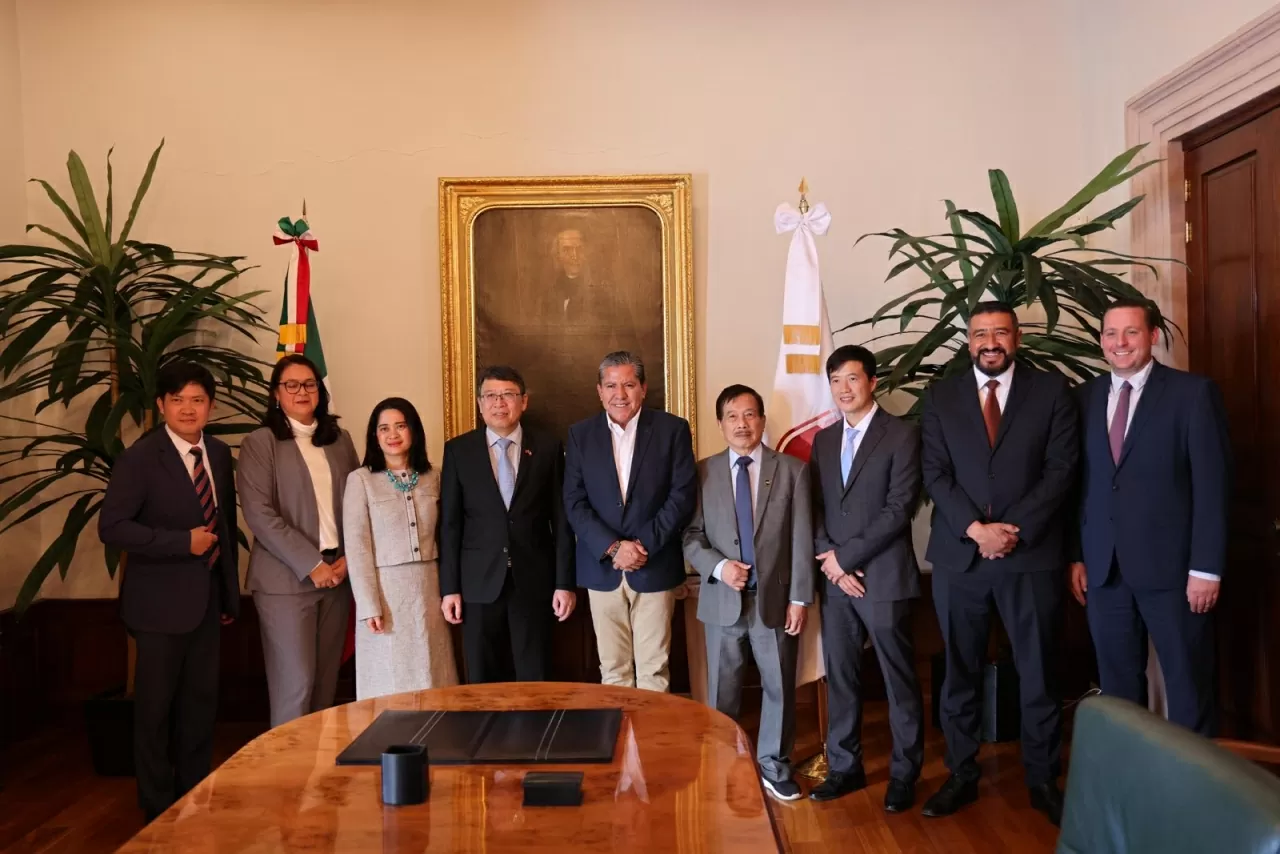 |
| Ambassador Nguyen Van Hai visits and works in Zacatecas state (Mexico). (Photo: Ambassador Nguyen Van Hai) |
More broadly, as both Vietnam and Mexico are members of P4G and pursuing green growth and sustainable development, in which potential areas do you think the two countries can foster “win-win” cooperation, Ambassador?
Mexico is actively promoting energy transition toward green development. As such, one of the key priorities of President Claudia Sheinbaum’s administration is to develop the electric vehicle (EV) industry. Vietnamese businesses with strengths in this field should consider partnerships in this area.
In addition, Vietnamese companies may explore opportunities to bid on clean energy supply projects for large data centers, which tech giants like Google, Microsoft, and Amazon are planning to build in the states of Queretaro and Guanajuato.
Identifying opportunities and promoting the strengths of Vietnamese enterprises in support of green transition has been - and will continue to be - a key mission of the Vietnamese Embassy in Mexico, particularly the Embassy’s Trade Office. This includes close engagement with central and local government agencies as well as Mexican businesses.
Thank you very much, Ambassador!
| The Partnering for Green Growth and the Global Goals 2030 (P4G) Summit was established in 2017 as an initiative of the Danish Government, evolving from the Global Green Growth Forum (3GF). To date, P4G has 12 member countries, including Denmark, Chile, Mexico, Vietnam, Republic of Korea, Ethiopia, Kenya, Colombia, the Netherlands, Bangladesh, Indonesia, and South Africa. The forum also engages with over 90 countries, international organizations, and businesses. P4G is regarded as a leading global platform for promoting public-private partnerships, connecting governments, businesses, and socio-political organizations to jointly deliver breakthrough solutions for green growth, thereby contributing to the achievement of the 2030 Sustainable Development Goals (SDGs). P4G supports its partner countries primarily through public-private partnership models, providing financial and technical assistance to small and micro enterprises in implementing climate change response initiatives. |




